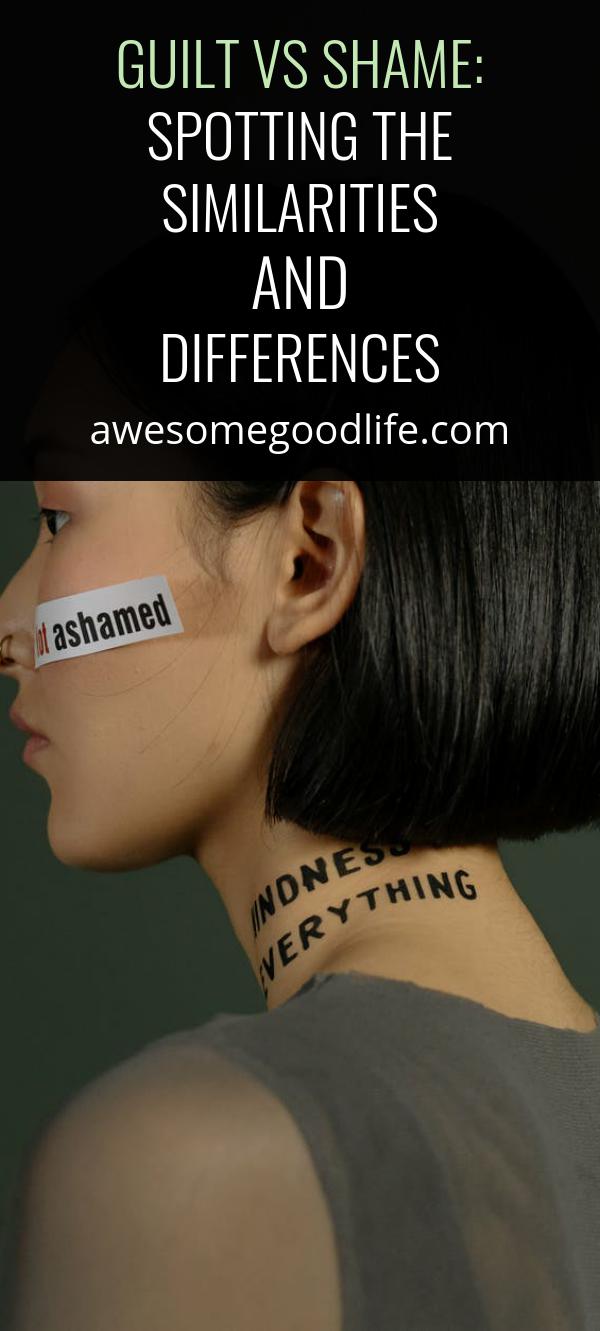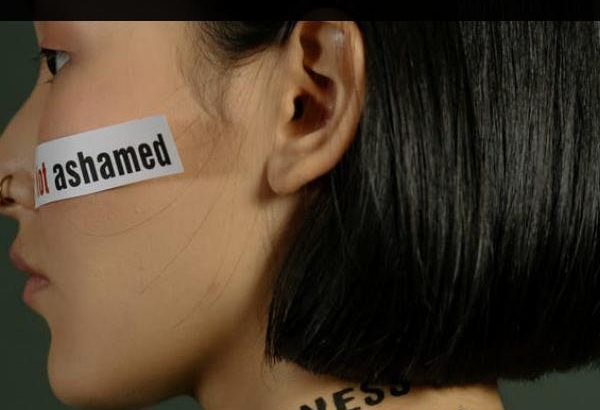What is the difference between guilt and shame, and why is the distinction crucial for our emotional and spiritual health? It’s invaluable to discern the difference between guilt and shame so that we can respond appropriately in situations and can ask others to respond to us appropriately and fairly also. It’s also vital that we know whether we are feeling bad because of something we have done or because we have simply gotten into the habit of feeling bad.
Guilt is something our conscience compels us to feel when we have acted in a way that is not in alignment with our own moral compass. If we believe in being honest, and we lie, we will feel guilty (even if we justify it as a white lie to ourselves or others). If we believe in the Golden Rule, do unto others, we will feel guilty if we treat someone disrespectfully or unfairly. In guilt, we feel bad about what we have done, not who we are. We are able to distinguish between the goodness of who we fundamentally are and the mistake we have made that requires correction/amends/asking forgiveness.

Shame is a different experience. When we feel shame, it is not for what we have done, not for a particular behavior, but for who we are. When in shame, we want to hide; we feel that we don’t deserve love or respect. Shame is often a pervasive experience that we don’t recognize within ourselves. Shame can feel quite normal.
When we feel ashamed, we emit a certain aura/vibe/energy. Others who pick up on this energy may misinterpret it and assume that we have behaved badly, causing them to overreact or for us to believe we deserve excessive punishment. We may not recognize the ways we carry and show our shame and wonder why others are so hard on us. This is how others mirror our beliefs about ourselves and why it’s so important to heal our shame.
Shame can cause us to continue to act in ways that lead us to feel guilty. So guilt and shame are part of a vicious cycle. How can we heal our shame?
1. The first step in breaking the cycle is learning to discern between guilt and shame. The following are the chief symptoms of shame. If you can identify with even one of these points, you are likely to be living in shame.
Comparing ourselves to others and finding ourselves always falling short
Embarrassment when we receive compliments
A general sense of unworthiness
Distrust that others truly like us or respect us waiting for the other shoe to drop in every relationship
Accepting excessive blame more than a situation warrants
Continually behaving in ways that go against our own standards of behavior
Feeling bad about certain thoughts, even when we have no intention of acting on these thoughts
2. The second step is to look at your recent wrongs objectively. What triggered those behaviors? What did you do about rectifying your actions? Did you over-apologize? Did you allow someone to verbally or physically punish you for your behavior? If you overcompensated in any way, then you are carrying shame, not just guilt, and you are doing yourself harm.

3. The third step is to retrace your path to where the shame started. Often, shame starts in childhood when a trusted adult shames us for something outside our control: our sexuality, our intelligence, the way we spoke or dressed, a behavior we didn’t know wasn’t okay. Children soak up shame easily.
4. See the past with your adult eyes. Would you want to shame a child for what you feel shameful about? Let the child within you know that it was not his/hers to carry and that you release him/her from the shame now.




